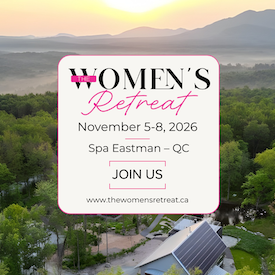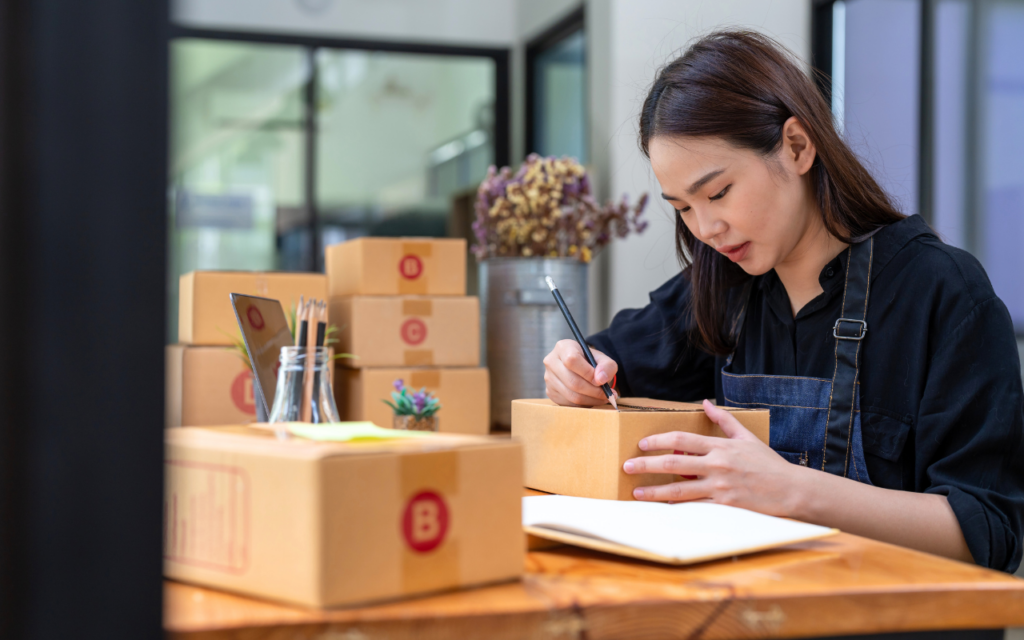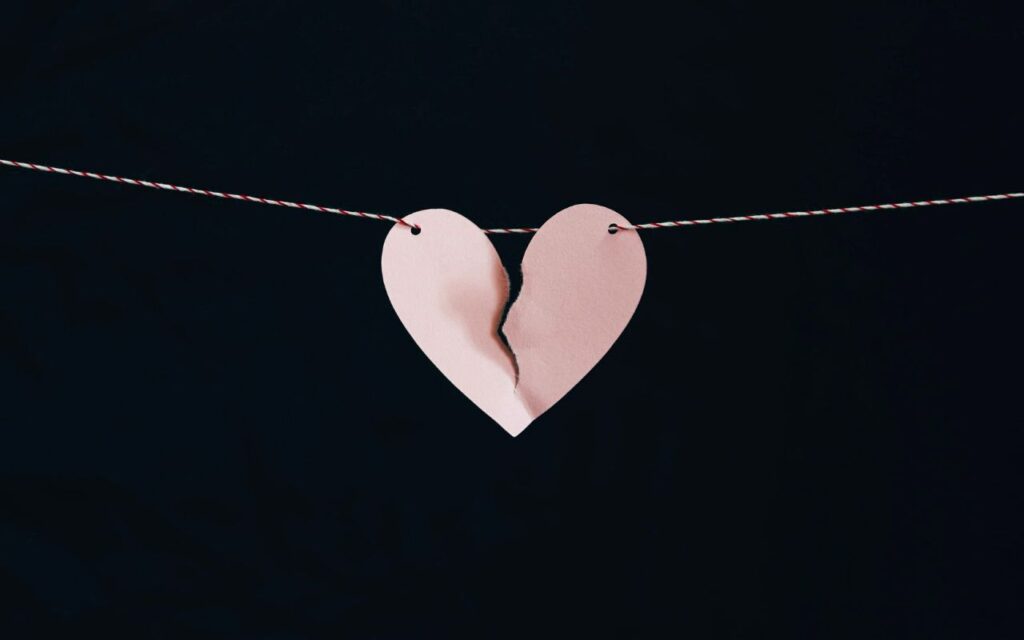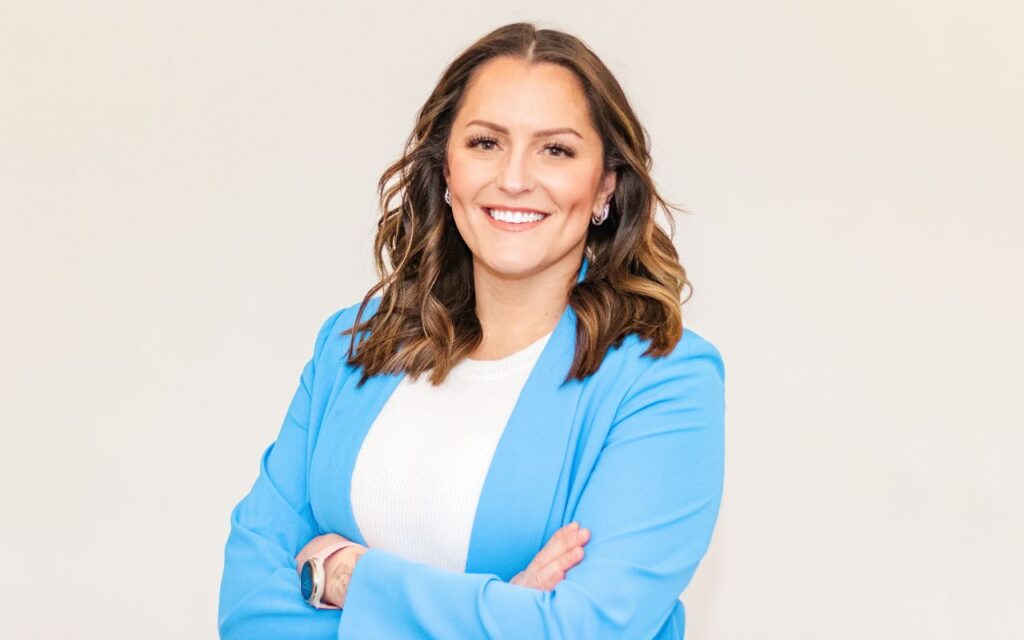As Canada observes the National Day for Truth and Reconciliation on September 30, we are reflecting on the incredible conversations we’ve had with several Indigenous women leaders in our country.
Their voices are crucial in shaping conversations about healing, justice, and community while demonstrating Indigenous women’s enduring strength and resilience. Through their stories, successes, and insights, we celebrate their contributions to the ongoing journey toward reconciliation and a deeper understanding of Indigenous experiences in Canada.
Below, we highlight some key takeaways from five of our conversations, and we encourage everyone to carve out some time to listen to the full episodes featuring these inspiring women.
Susan Aglukark
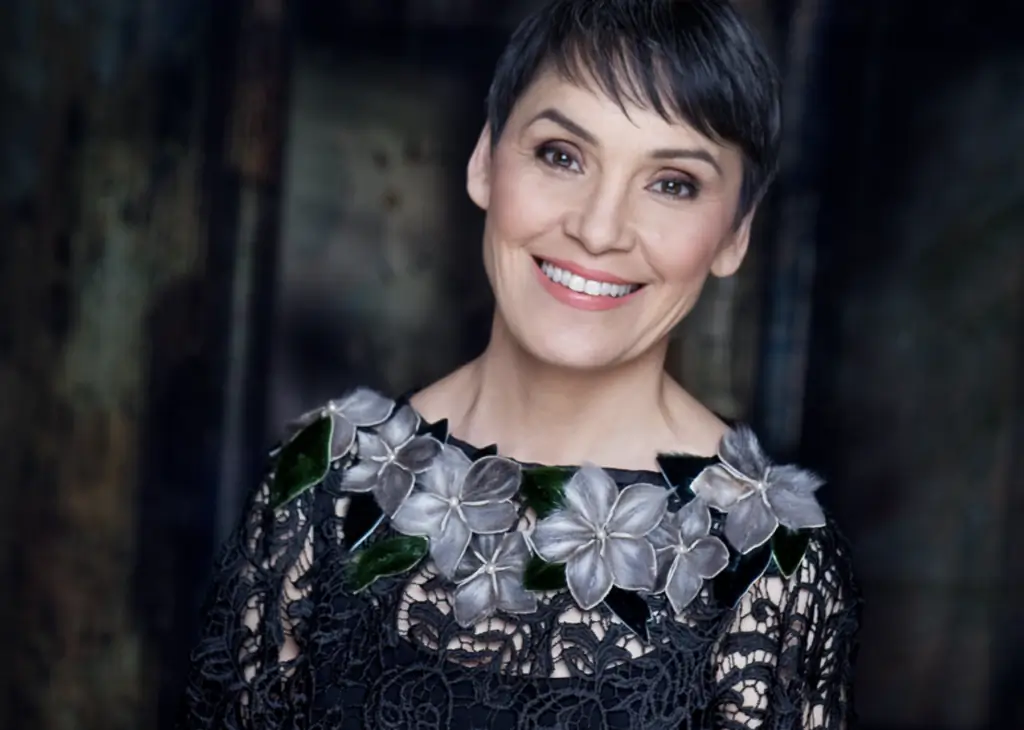
Susan Aglukark is a multiple JUNO award-winning Inuk artist whose music has earned international acclaim.
On overcoming imposter syndrome: Even throughout the recording of the Arctic Rose album in the recording studio, it still hadn’t hit me that this could be my life. It just wasn’t there for me yet. There were all these moving parts, and they were all happening, and everybody who was part of that saw this, but I just didn’t see it. Mostly because we don’t nurture dreamers, so I didn’t know that as an Indigenous person, as an Inuk person coming out of Nunavut, that this could be my life. So, even after releasing the Arctic Rose album and doing this Northern tour, I didn’t feel like I could be a singer-songwriter.
On what brings her hope: Watching, witnessing, observing, and being a part of the next generation doing so much better. We have, as Canadians and Indigenous people, so much work to do, but what we have access to now in terms of role models and programming and living examples, we have so much more to draw from today. And that’s exciting to watch. That gives me continued energy and hope to keep working, to keep moving forward. I see young people now doing so much incredible work, and that’s the stuff that gives me hope.
Pam Palmater
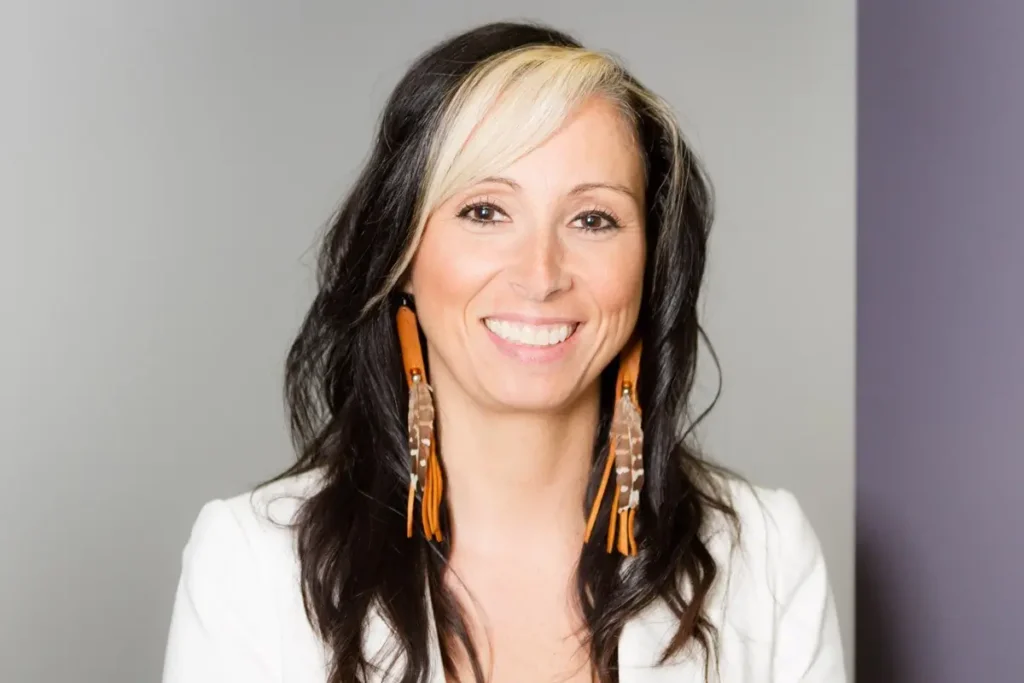
Dr. Pamela Palmater is an award-winning Mi’kmaw lawyer, author, and social justice activist from Eel River Bar First Nation who has worked to advance native education, sovereignty, and nation-building for the past 25 years.
On advice for other women: My advice, especially in an Indigenous context, is to remember our traditional roles. So traditionally, as Native women, we were not just the life-givers and carers of children, but we were also political negotiators. We were translators. We were leaders ourselves. We were decision-makers; we were the ones who engaged in, you know, treaty negotiations and confederacies with other Native groups.
We’ve always had powerful positions; it varies from nation to nation but in some, the women took the lead role. Part of decolonization and resurgence is bringing that back in a way that’s safe for people, because as you know Indigenous women and girls suffer extremely disproportionate rates of violence.
For non-Indigenous women, they need to go with their gut and speak out. It can be a lonely opinion, but that doesn’t mean it’s the wrong opinion. It could mean that you’re planting a seed that gets picked up three generations from now and will inspire a young generation to act in a different way. We can’t assume that because we don’t see instantaneous response to the things we say or that we advocate for, that it’s not working. Oftentimes it takes generations for these seeds to bloom.
On advice for future generations: I tell them that their first and most important education is the traditional one they get from their families and their communities and their culture; that is what will ground them in whatever they decide to do. That’s how you survive things like law school, where it’s very colonial and anti-First Nation and doesn’t include Indigenous laws. How do you survive that unless you have a firm grounding? And then I would tell them not to worry about where you’re going to go next; focus on the traditional education you get from your family and community first, which will ground you and empower you going forward.
Michelle O’Bonsawin
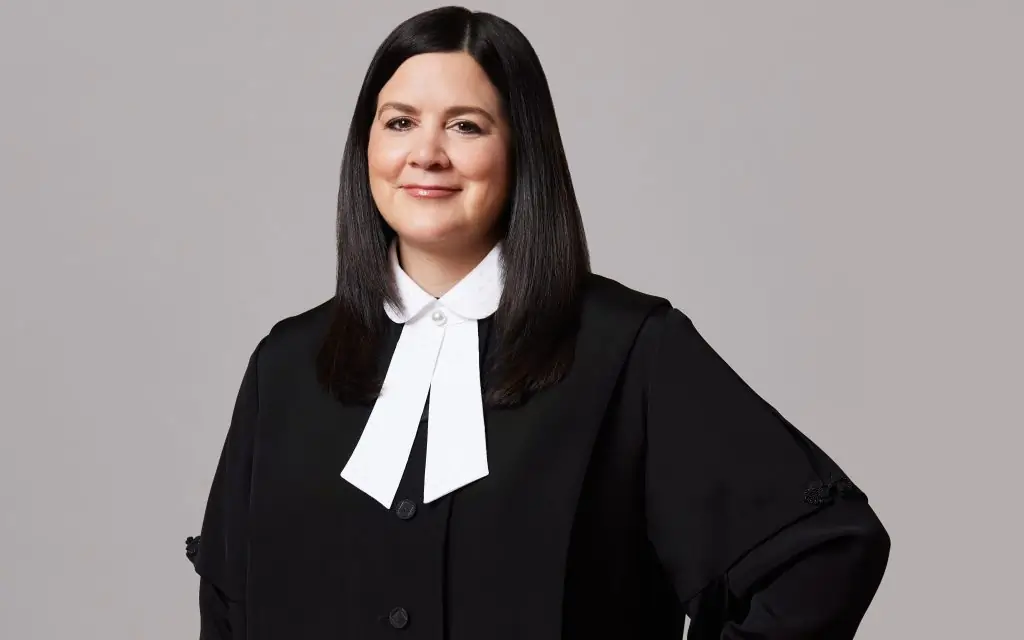
Michelle O’Bonsawin made history as Canada’s first Indigenous Supreme Court Justice.
On highlights from her first year on the Supreme Court of Canada: For the welcoming ceremony, I hosted a private event at the Court, and I had invited a young man I had gotten to know in the past who played the flute and was a great Indigenous dancer.
To see everyone’s reaction to his performance and to hear the drumming and traditional music in the Grand Hall was a momentous event for me, because it’s not something that had happened in the past.
And also stepping back a bit, when I was sworn in, it was important for me to be sworn in on an eagle feather. That hadn’t happened in the past, but they worked with an elder who I had recommended, Gilbert Whiteduck from Kitigan Zibi, who gifted the court with a feather that I named Jacqueline after my grandmother. For me, that was something very special.
I really felt proud that I had achieved this for me and my family, but also for the Indigenous population in Canada. Hopefully this is going to inspire young Indigenous women and young Indigenous people to think that they can come from either a remote community or any other Indigenous community and make it all the way up to the Supreme Court.
Jody Wilson-Raybould
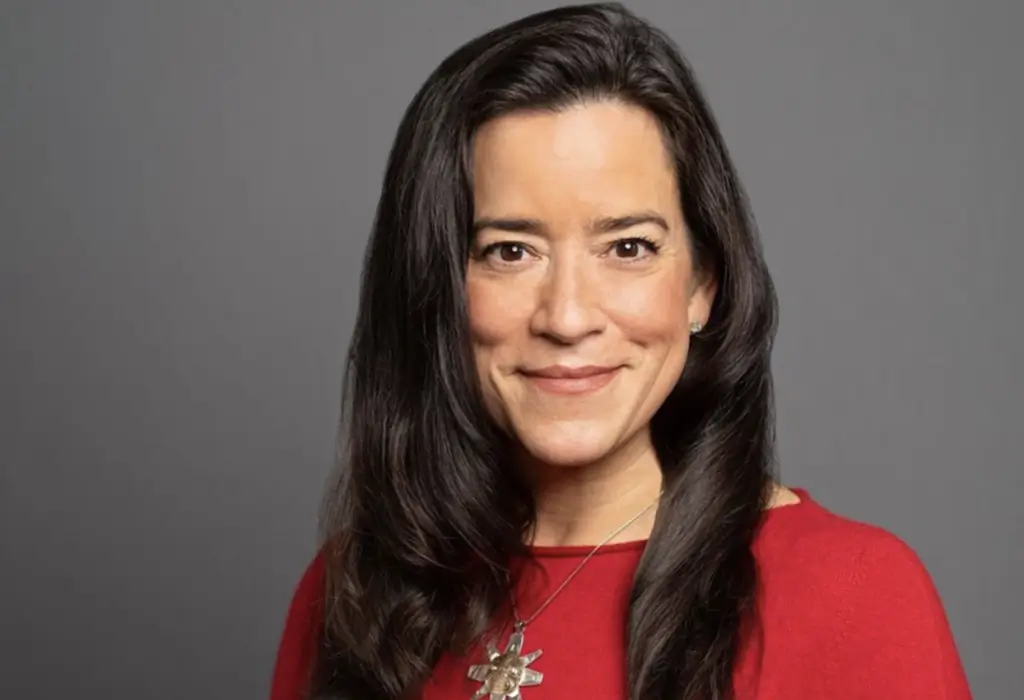
Jody Wilson-Raybould is a proud Kwakwaka’wakw person from the west coast of British Columbia with a phenomenal career in politics and community development.
On female influences: I think about my mother and my grandmother, the matriarch of our clan, the Eagle Clan. She raised my sister and I and my cousins to know who we are, to know our culture, to know where we come from, and to be proud of that. And she taught me to believe in myself and she taught us the values and principles of inclusion and equality, justice, and to carry those values and principles with you, whatever you do, and to ensure that you use your skills and abilities, whatever those are, to ultimately improve quality of life for our community and beyond.
For me, maintaining that and always coming back and remembering who I am and where I come from has enabled me to confront any challenge that has been put in front of me. It enabled me to see things through and be able to hold various rules and do it with my head up, knowing who I am and being able to speak the truth.
On her husband as her support network: We’ve been together for almost 15 years, married for most of those, and he has been a constant supporter. We have a very similar belief system, and we are passionate about working in the same areas around governance and working with First Nations to rebuild institutions and nations. He has been a supporter. He wasn’t sure about me getting involved in federal politics in the first place, but he saw the potential and the necessity to have more Indigenous voices on the so-called ‘other side’ in the House of Commons to actually make the transformative change that we’ve worked for our entire lives.
Cindy Blackstock
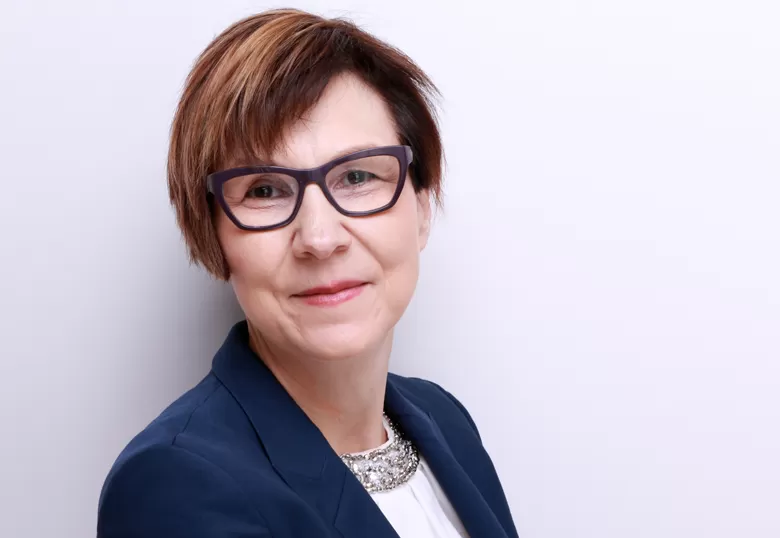
Cindy Blackstock is a member of the Gitxsan First Nation and serves as the Executive Director of the First Nations Child and Family Caring Society, working tirelessly to ensure that First Nations, Métis, and Inuit children can grow up safely at home, be healthy, get a good education, and be proud of who they are.
On the current state of the country: Well, I think that there’s an awakening of the Canadian consciousness to the injustices done to First Nations, Métis, and Inuit children by the Government of Canada, by the churches and other actors in a way that was not evident in the past. The challenge for all of us is to ask what we, the public, and the government, should learn from residential schools and how we apply those lessons to end the contemporary injustices that plague far too many First Nations, Métis, and Inuit families.
On her life’s mission: I have just found myself in the company of many others who have come before me and are in this movement now who don’t make any excuses for First Nations children getting less than everybody else. And it has been wonderful to see when non-Indigenous children are taught about residential schools and taught about the contributions of First Nations, Métis, and Inuit peoples, and they learn about these inequalities in public services, they don’t make any excuses, either.
They see the Government of Canada launching astronauts up to the space station, where they’ve got good Wi-Fi, clean water, and good food. So why, they ask, can’t that happen in northern Ontario, or just an hour and a half outside of Toronto? Education is very important, and seeing children receive that education is vital.

